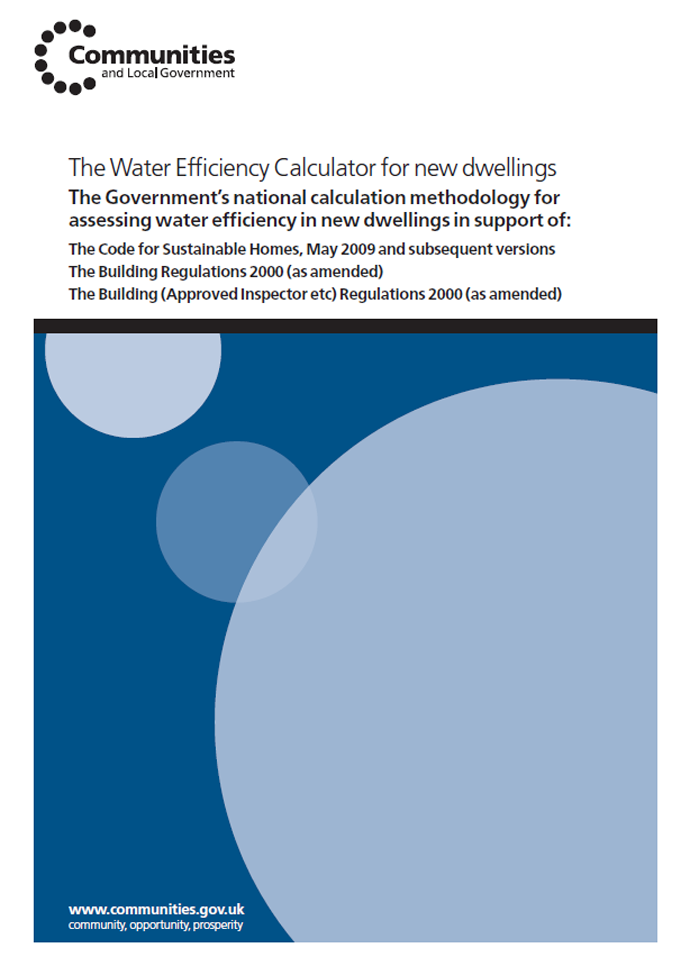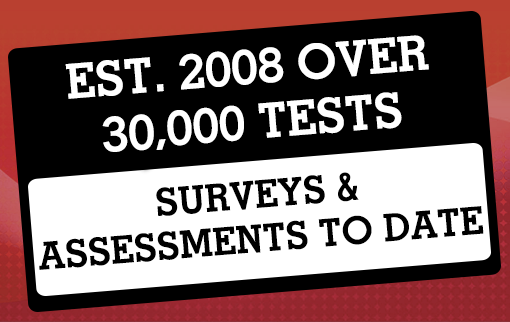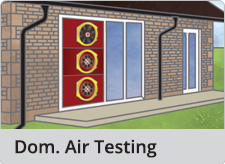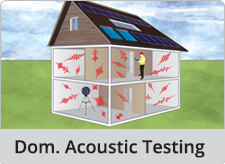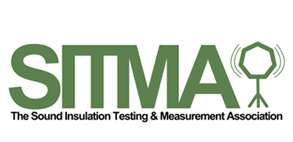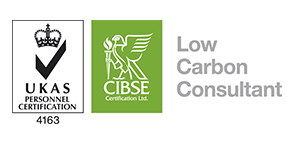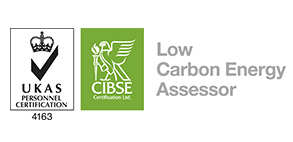Offices Nationwide
• Glasgow
• Newcastle
• Manchester
• Portsmouth
• Wakefield
• Sheffield
• Birmingham
• Wrexham
• Cardiff
• Peterborough
• Milton Keynes
• London
• Plymouth
• Anglesey
• Glasgow
• Newcastle
• Manchester
• Portsmouth
• Wakefield
• Sheffield

How loud is too loud?
Noise above 85 dBA over time will cause hearing loss. In general, the louder the noise, the less time required before hearing loss...more

Sound Insulation
Two parameters describe sound insulation; Dw and Rw. Dw is the insulation between rooms. Rw is the lab-tested insulation of a wall/floor...more
St. Austell - Code for Sustainable Homes Daylight Calculation - 01752 687 017
The office that covers this area is: Plymouth
Phone Number: 01752 687 017 Email: st-austell@e2consultants.co.uk
Our other services include:
Code for Sustainable Homes Daylight Calculation can also be known as:
CSH, Sustainable Homes, C4SH, Code Assessment, Code for Sustainable Homes,


Copyright 2025 E2 Specialist Consultants Limited
Company No. 06728970













